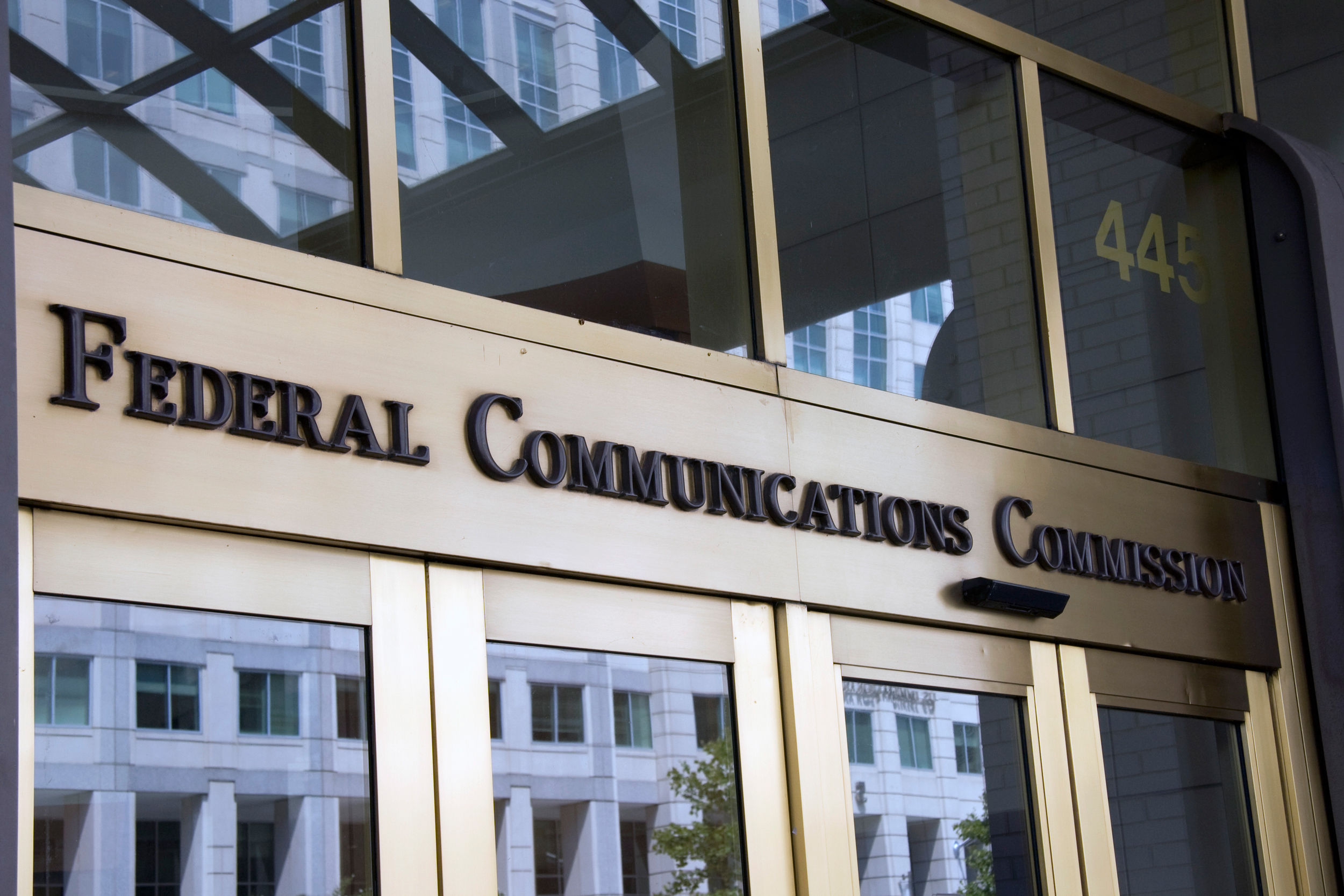FCC Revamps Hearing Process
Moves toward more hearings with written-only testimony, evidence

The smarter way to stay on top of the multichannel video marketplace. Sign up below.
You are now subscribed
Your newsletter sign-up was successful
The FCC is moving away from administrative hearings to a more document-heavy approach to testimony and evidence when called for.
That came in a report and order (R&O) voted Friday (Sept. 11) and released Monday (Sept. 14) that codifies the use of a written hearing process.
In the past, such hearings--program carriage disputes have periodically been designated for hearing--have featured live testimony before an administrative law judge (the FCC has only one of those), cross examination and a decision that is only a recommendation to the commission.
The FCC has concluded that such trial-type hearings "impose significant burdens and delays on both applicants and the agency that may not be necessary."
The R&O expands the use of written testimony and evidence in lieu of the live witnesses and cross-examination; authorizes FCC staff to supervise the development of the written record when the FCC is presiding at a hearing; and dispenses with an initial opinion and goes straight to a final recommendation when that is possible.
The FCC said that approach will allow it to tailor the proceedings to each hearing.
NCTA-the Internet & Television Association had said there could be some times when a live hearing is more appropriate "depending on the subject matter or circumstances."
The smarter way to stay on top of the multichannel video marketplace. Sign up below.
Contributing editor John Eggerton has been an editor and/or writer on media regulation, legislation and policy for over four decades, including covering the FCC, FTC, Congress, the major media trade associations, and the federal courts. In addition to Multichannel News and Broadcasting + Cable, his work has appeared in Radio World, TV Technology, TV Fax, This Week in Consumer Electronics, Variety and the Encyclopedia Britannica.

